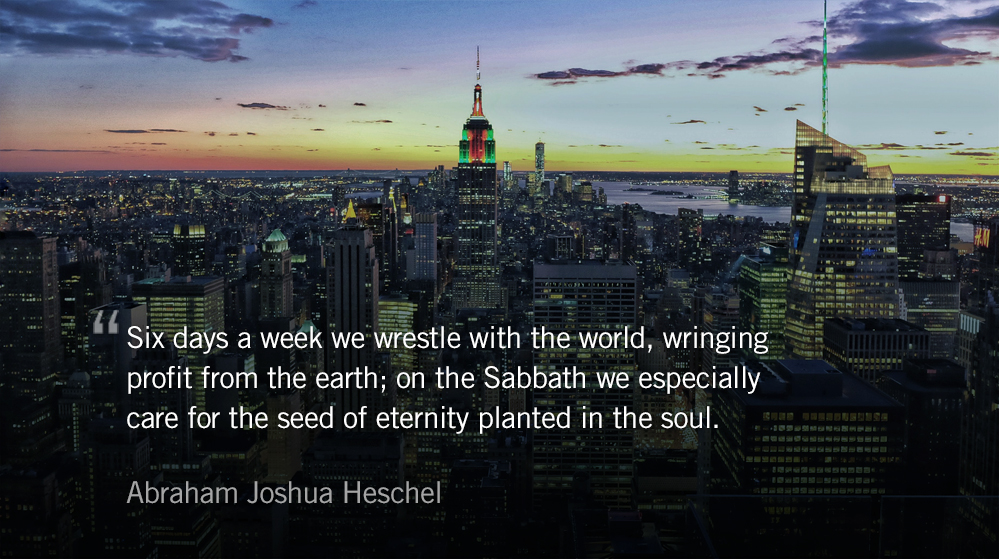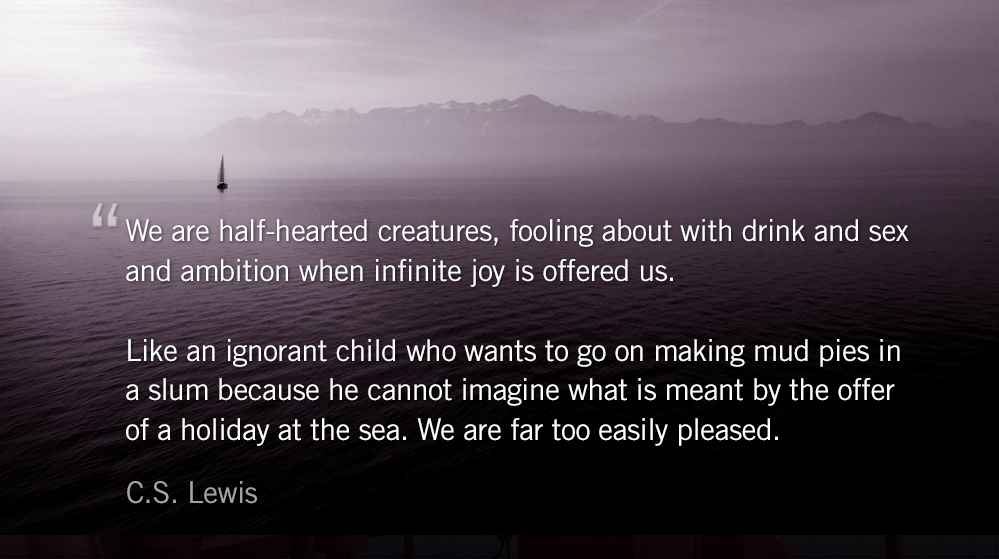John 1.14
The Word became flesh and made his dwelling among us. We have seen his glory, the glory of the one and only Son, who came from the Father, full of grace and truth.
Truth incarnate is grace. Dictators speak from palaces removed from the realities of the masses. They leverage power to insulate themselves from pain and sacrifice. In contrast, 2 Corinthians reminds us of “the grace of our Lord Jesus Christ, that though he was rich, yet for your sake he became poor, so that you by his poverty might become rich.”
“The word became flesh” is the core of Christianity — not morality, comfort, blessing, or anything else we receive from the word. It is Christ himself who is enthroned as Christianity’s highest pursuit and greatest reward.
The heart of grace is truth. The Greeks believed in a logos — a truth on which all things are built. Modern culture questions not just the truth of the word becoming flesh, but all truth.
“Things can be true even if no one can prove them,” philosophy professor Justin P. McBrayer explains in his New York Times piece, “Why Our Children Don’t Think There Are Moral Facts,” which explores the illogic of what is being taught as early as primary school.
“It’s a mistake,” McBrayer continues, “to confuse truth (a feature of the world) with proof (a feature of our mental lives). Furthermore, if proof is required for facts, then facts become person-relative. Something might be a fact for me if I can prove it but not a fact for you if you can’t. In that case, E=MC2 is a fact for a physicist but not for me.”
Grace and truth are the essence of Christ, and thus the pursuit of every Christian. We pursue truth, not for the desire to be right (or prove others wrong), but because the truth of Christ is life’s highest pursuit. We extend grace — to friend and enemy — because such great grace is extended to us.
In grace and truth we celebrate and participate in the essence of heaven, which has come to earth.
Prayer
God we need your truth to break down the brokenness that destroys us, our neighbors, and our world. We need your grace to renew us and care for us as you rebuke our participation in brokenness. In you we find everything we need and all that we hope for.
Today’s Readings
Exodus 22 (Listen – 4:23)
John 1 (Listen – 6:18)
Hope in the Darkness
Part 3 of 5, read more on TheParkForum.org
___________________
FAQs
How can I make a tax-deductible donation? Click here.
How can I get these devotionals in my inbox? Click here.
What is the reading plan this blog is based on? Click here.
___________________________________








